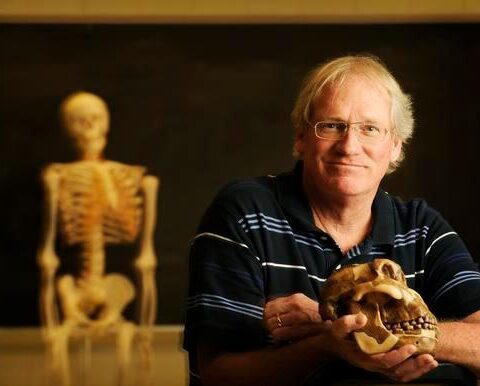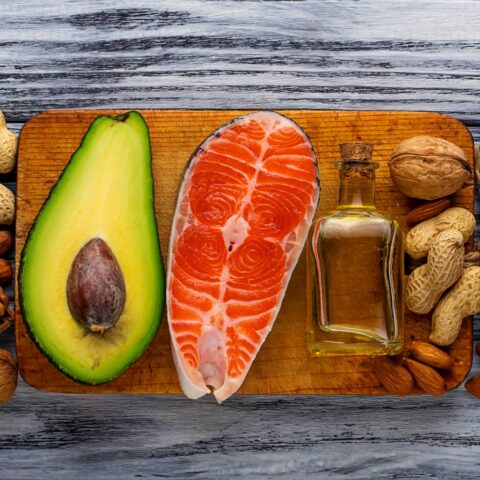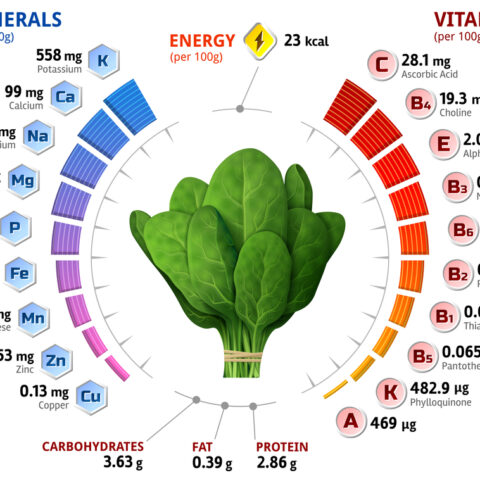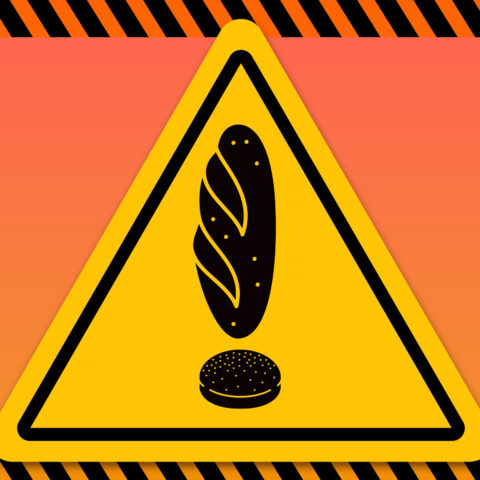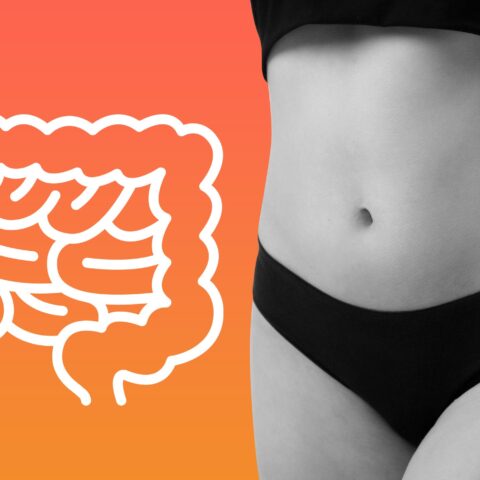Articles by M.S.: Page 3
The research of Dr. Douglas London on one of the last remaining indigenous hunter-gatherer societies on Earth
M.S. and Trevor Connor, M.S.
In this follow-up interview, Dr. London discusses his upcoming research and dives deeper into the Kawymeno diet. History of The Paleo Diet
M.S. and Trevor Connor, M.S.
Hundreds, if not thousands, of scientists, physicians, and people from all walks of life are responsible for creating this incredibly powerful idea that can be used to bring order and wisdom to dietary and lifestyle issues. Does a Low-Salt Diet Cause Insulin Resistance?
M.S. and Trevor Connor, M.S.
There’s a belief in the Paleo world that a low-salt diet leads to insulin resistance, but the science shows the exact opposite - a high-salt diet causes it. Stanford Study Supports Eating Healthy Fats
M.S. and Trevor Connor, M.S.
A new Stanford study shows that it may not be low-carb or low-fat, but the quality of the fatty acids you’re eating which is a key part of the Paleo Diet The Myth that Hunter-Gatherers Didn’t Live Long
M.S. and Trevor Connor, M.S.
Does Bill Nye’s criticism of Paleo lifestyles hold scientific weight? Read why the research doesn’t back his claims. Naturally & Artificially Sweetened Beverages Are Associated with Dementia and Alzheimer’s
M.S. and Trevor Connor, M.S.
A growing body of research demonstrates the negative health effects of overconsuming sweeteners. Is Sea Salt Healthy?
Loren Cordain, Ph.D., M.S., et. al.
Paleo bloggers and influencers have claimed that added salt is healthy based on research showing a J-shaped relationship. But there were major flaws in this research. Added sodium in any form like sea salt, Celtic salt, Himalayan salt, or table salt is unhealthy. Eliminating Non-Paleo Foods Improves Nutrient Density
Loren Cordain, Ph.D., M.S., et. al.
We compare the nutrient density of Paleo foods to non-Paleo foods to show the health benefits of eating natural foods. Wheat Series Part 5: How Wheat Can Trigger Chronic Disease
M.S. and Trevor Connor, M.S.
Wheat can be very effective at triggering chronic disease in those who have a genetic susceptibility for it. Wheat Series Part 4: Wheat as a Harmful Dietary Antigen
M.S. and Trevor Connor, M.S.
When wheat enters our bodies, it’s essentially like a home invasion. Learn how wheat is a master at breaking in and causing all sorts of confusion. Wheat Series Part 3: How Wheat Mimics Bacteria
M.S. and Trevor Connor, M.S.
The same way viruses mimic our bodies, wheat has evolved ways to mimic bacteria, all with the purpose of setting off the immune system alarm bells. Wheat Series Part 1: The Digestive Immune System
M.S. and Trevor Connor, M.S.
A healthy gut exposed to wheat isn’t fine in anyone. Find out how the digestive immune system differs from the one in our bloodstream, and how wheat can cause inflammation and gut imbalances. 
